
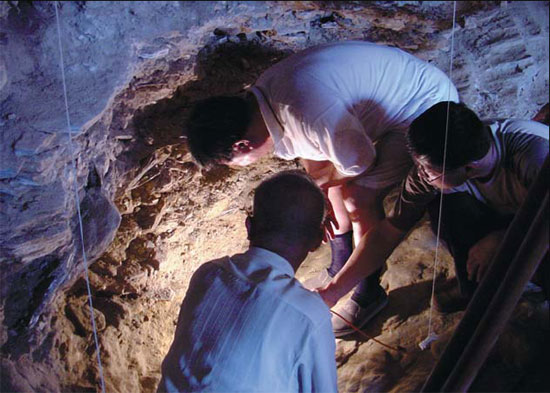 |
| Scientists from the Chinese Academy of Sciences excavated Tianyuan Cave man in 2003. (China Daily) |
The origins of humans have intrigued anthropologists for the longest time. Now an international group of paleoanthropologists has found that humans who lived some 40,000 years ago near Beijing were likely related to many present-day Asians and Native Americans. They reveal the details to Cheng Yingqi.
Twelve years ago on a summer afternoon, local farmer Tian Xiumei climbed up a mountain in Fangshan district, 50 km southwest of downtown Beijing, in search of water to irrigate her trees. Halfway up the mountain, she found a small cave, which looked like the mouth of a spring. Tian took a flashlight and dove into the small entrance that only allowed one person to pass through. She was disappointed that there were no traces of a spring inside.
What she found instead were fragments of animal bones, which eventually led to the discovery of a partial human skeleton. Those were actually the bones of modern Chinese ancestors.
Tian's discovery later led to a deeper excavation by scientists from the Institute of Vertebrate Paleontology and Paleoanthropology under the Chinese Academy of Sciences in 2003.
On Jan 21 of this year, the scientists released their latest research findings on the bones excavated from Tianyuan Cave. The ancient DNA has revealed that humans who lived some 40,000 years ago in the area near Beijing were likely related to many present-day Asians and Native Americans.
The scientists sequenced nuclear and mitochondrial DNA that had been extracted from the leg of the Tianyuan Cave person, who lived in the region about 40,000 years ago.
Previous DNA evidence on modern man in East Asia could only be traced back to less than 10,000 years ago.
"This individual lived during an important evolutionary transition when early modern humans, who shared certain features with earlier forms such as Neanderthals, were replacing Neanderthals and Denisovans, who later became extinct," says Svante Paabo from the Max Planck Institute for Evolutionary Anthropology in Leipzig, Germany.
Paabo is the leader of the study, jointly conducted by the Max Planck Institute and IVPP.

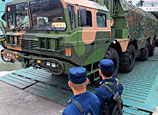

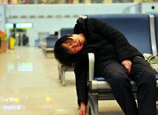
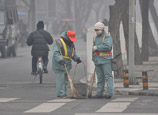
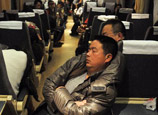
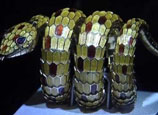









 A Taiwan student's adventure in Beijing
A Taiwan student's adventure in Beijing


![]()
